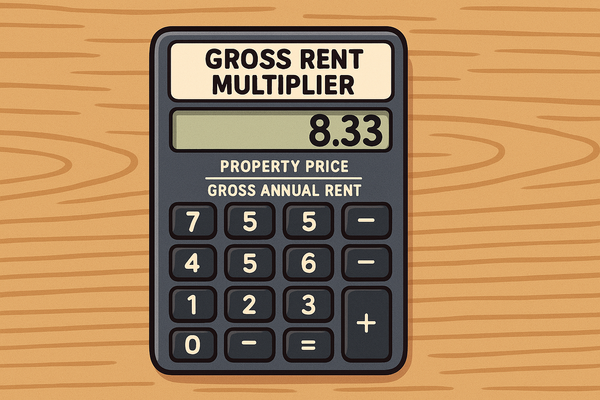The OCEAN Framework for Squatters Rights: Understanding Adverse Possession
The OCEAN framework serves as a mnemonic device to remember the essential elements required for a successful adverse possession claim.

The concept of squatters rights, legally known as adverse possession, allows individuals to gain ownership of property they don't legally own by occupying it for an extended period under specific conditions. The OCEAN framework serves as a mnemonic device to remember the essential elements required for a successful adverse possession claim.
The Core Elements of the OCEAN Framework
Open and Notorious
The "O" in OCEAN stands for "Open and Notorious," meaning the squatter's occupation must be visible and obvious to anyone who might inspect the property[1]. This requirement exists to ensure that the true property owner has a reasonable opportunity to notice the squatter's presence. The occupation cannot be hidden or secretive[2]. For example, a squatter who builds structures, maintains the property, or visibly uses the land satisfies this requirement.
Continuous
The "C" represents "Continuous" possession[1:1][3]. This means the squatter must maintain uninterrupted possession of the property for the statutory period required by state law. This period varies significantly across states, ranging from as little as 5 years in California to 30 years in Louisiana. Any abandonment or temporary departure from the property can reset the clock on the continuous possession requirement[3:1].
Exclusive
The "E" signifies "Exclusive" possession[1:2]. The squatter must possess the property as if they were the true owner, meaning they don't share control with others, including the true owner[2:1]. They must actively exclude others from the property, establishing their sole control over it. This exclusivity demonstrates the squatter's intent to claim the property as their own rather than merely sharing its use.
Actual
The "A" typically stands for "Actual" possession in most interpretations of the framework[1:3][4]. This means the squatter must physically occupy the property[2:2]. They cannot merely claim ownership without actual entry and use of the land or building. The occupation must be tangible and real, not theoretical. Some interpretations alternatively suggest "A" stands for "Adverse," though both elements are generally required.
Notorious/Non-Permissive/Hostile
The "N" represents "Notorious" (sometimes combined with "Open") or "Non-permissive," which is also referred to as "Hostile and Adverse"[1:4]. This element requires that the possession occurs without the owner's permission. The term "hostile" in legal context doesn't mean unfriendly but rather indicates that the possession infringes on the rights of the true owner[2:3]. If the true owner gives permission for the occupation, it cannot qualify as adverse possession.
Extensions to the Framework
Some legal scholars and educators expand the acronym to "OCEANS," with the "S" standing for "Statutory period" or "Statute of limitations"[4:1][5]. This addition emphasizes the specific time requirement that varies by state law. The statutory period is crucial because it defines how long a squatter must continuously meet all the other OCEAN requirements before they can legally claim adverse possession.
Practical Application in Property Law
In Washington state, for example, squatters must demonstrate all OCEAN elements for seven years while also paying property taxes to establish an adverse possession claim. Some states offer shorter periods if the squatter has "color of title" (a document that appears to give ownership but is legally deficient) and pays property taxes.
Understanding the OCEAN framework is essential for both property owners protecting their assets and individuals attempting to claim property through adverse possession. For property owners, recognizing these elements helps them take appropriate actions to prevent adverse possession claims, such as regularly inspecting their property and taking legal action against trespassers before the statutory period expires.
The legal doctrine of adverse possession, summarized by the OCEAN framework, serves the public policy goal of encouraging productive use of land while preventing neglected or abandoned properties from remaining unused indefinitely[2:4].
https://www.picmonic.com/api/v3/picmonics/471/pdf ↩︎ ↩︎ ↩︎ ↩︎ ↩︎
https://www.law.cornell.edu/wex/adverse_possession ↩︎ ↩︎ ↩︎ ↩︎ ↩︎
https://josephandjoseph.com/2011/06/27/adverse-possession/ ↩︎ ↩︎
https://www.reddit.com/r/LawSchool/comments/13zqv8z/needed_a_mnemonic_for_adverse_possession_chatgpt/ ↩︎ ↩︎
https://www.top-law-schools.com/forums/viewtopic.php?f=3\&t=173993 ↩︎
Resources:
Learn more: squatters rights (adverse possession) by state.





